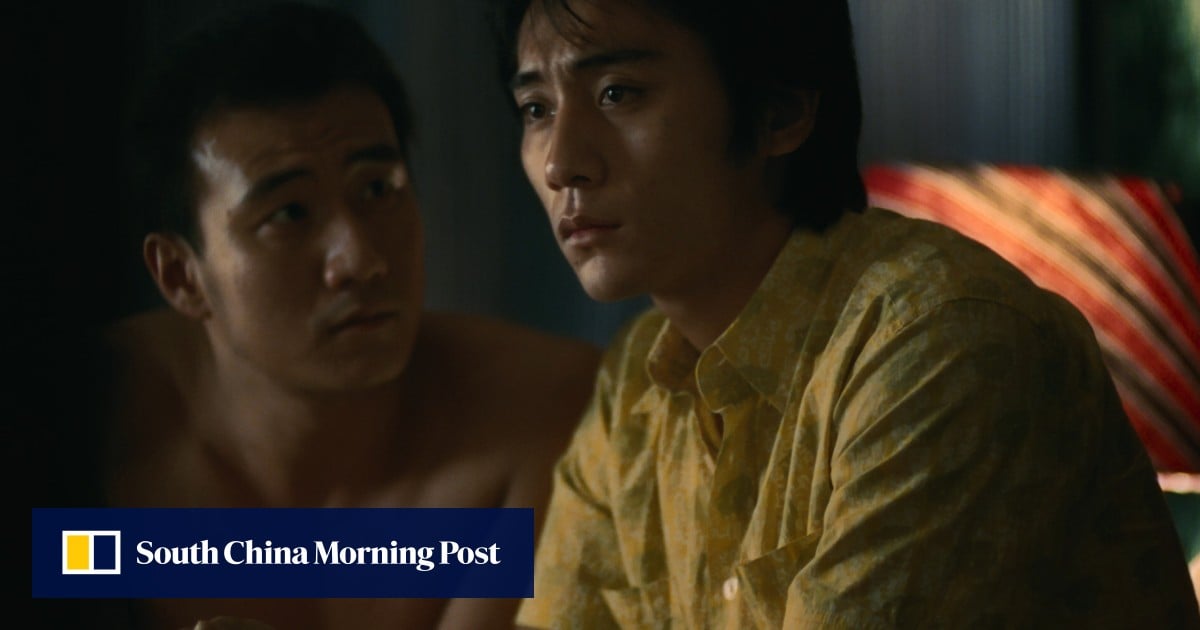The director was initially not sold on the idea, as he had a low opinion of Yau’s acting abilities.
Why Jackie Chan didn’t turn his back on Hong Kong after Rush Hour’s success
Why Jackie Chan didn’t turn his back on Hong Kong after Rush Hour’s success
Even though Yau was a big box-office draw, he almost passed on the project.
“Rumours and gossip had made me develop a bias against her,” he told the Post’s Winnie Chung in 1998. “But after meeting her, I realised that she was just a normal girl when you don’t compare her with her former films.”
Kwan’s decision was partly down to business – he was having trouble raising money for his projects, and the downturn in filmmaking because of the Asian financial crisis in 1997 meant that strong offers from major studios were not to be sneered at.
The resulting movie was, unexpectedly, Kwan’s most experimental and sexually explicit film at that time. “It is definitely out of the mainstream … it injects variety and vitality into the increasingly moribund Hong Kong scene,” wrote Post critic Paul Fonoroff.
Just to make doubly sure he fulfilled his studio brief, Kwan gave Yau two roles in the film. Her main part is Moon, a young executive who’s lost interest in her marriage to software programmer Fung (Sunny Chan Kam-hung), and has an affair with Jie (Lawrence Ko Yu-luen), a bisexual drifter from Taiwan.
When Moon dies on a business trip, Jie becomes obsessed with Fung, and starts to stalk him, finally revealing his affair with Moon via an answerphone message.
Although Yau is prominent, the narrative is pinned to Moon’s husband, Fung, who relates her story in flashback while talking to the cheerful real estate agent Tong, played by a gleeful Eric Tsang Chi-wai.
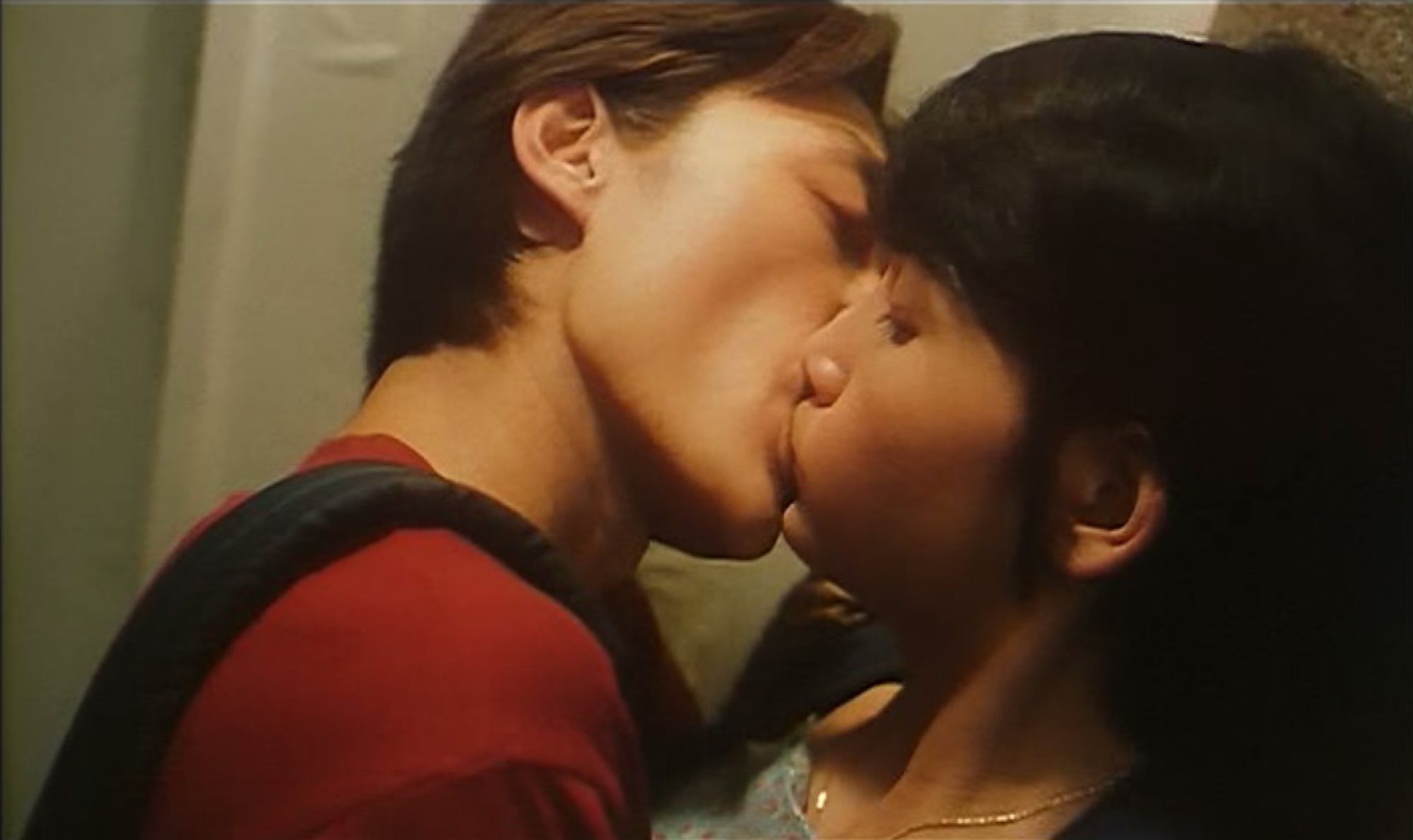
Tong is gay, and initially has sexual designs on Fung, but he ends up enjoying a rewarding platonic relationship with him instead – an unexpected creative choice which adds interest to the film.
Yau, in her final film role to date, performs very well, and plays down her sex-bomb image, even though she has some steamy scenes. “Chingmy’s role was quite clear – she was playing an ordinary woman,” Kwan said.
Is the ‘brotherly love’ in Hong Kong martial arts films homoerotic?
Is the ‘brotherly love’ in Hong Kong martial arts films homoerotic?
Sunny Chan is the subject of the male nude scene, but it is not meant to be erotic – he is just standing around talking to his wife. Kwan had noticed that European films often featured people in the nude outside of sex scenes, and wanted to try something similar in a Hong Kong film.OPTIONAL CUT ENDS
Kwan fully expected a Category III rating for Hold You Tight, but the censors appreciated its artistry, and designated it a Category IIB release.
Lan Yu (2001)
Although talk about Lan Yu often revolves around its status as a gay drama, the film’s main point of interest is its style.
Kwan and screenwriter Jimmy Ngai Shiu-yan take all the tropes of a classic American melodrama – the type of film popularised by Douglas Sirk – and inject them into a gay romance set mainly in Beijing in the 1980s. This creative choice provided an intriguing, highly unusual, mix of genres.
Lan Yu is one of Kwan’s most straightforward films, and the simple storyline gives the actors room to roam. Most of Kwan’s films are “directors’ films”, but Lan Yu belongs to its performers.
In what is essentially a two-hander – no other characters get a look-in – mainland Chinese actors Hu Jun and Liu Ye bring sensitivity and delicacy to their roles. Their intensity and focus elevate the perfunctory storyline and make it an emotional experience.
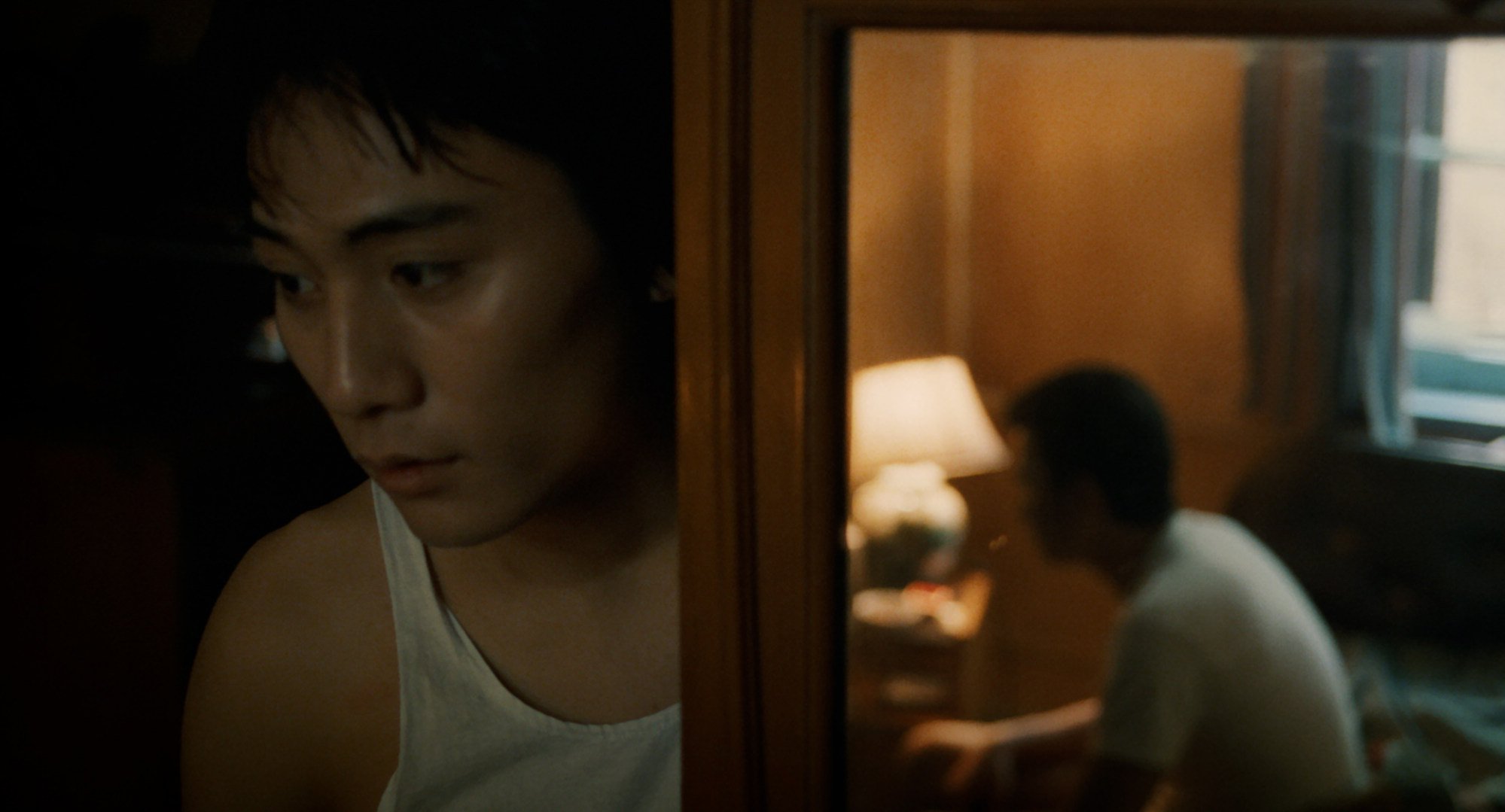
The plot is neatly scripted, and more on point than Kwan’s earlier works. Han-dong (Hu), a rich businessman, meets the younger Lan Yu (Liu) in a bar in Beijing. The two fall in love, and Han-dong lavishes gifts on his young lover.
Both are happy, until Han-dong succumbs to pressure from his family – his father is a Communist Party official – to marry a woman. The marriage fails, and the two men resume their relationship until Han-dong is imprisoned for corruption.
Lan Yu sells a villa and uses the money to bribe officials to release Han-dong. But in classic melodramatic style, Lan Yu dies in an accident on a construction site, leaving his older lover hopelessly lost.
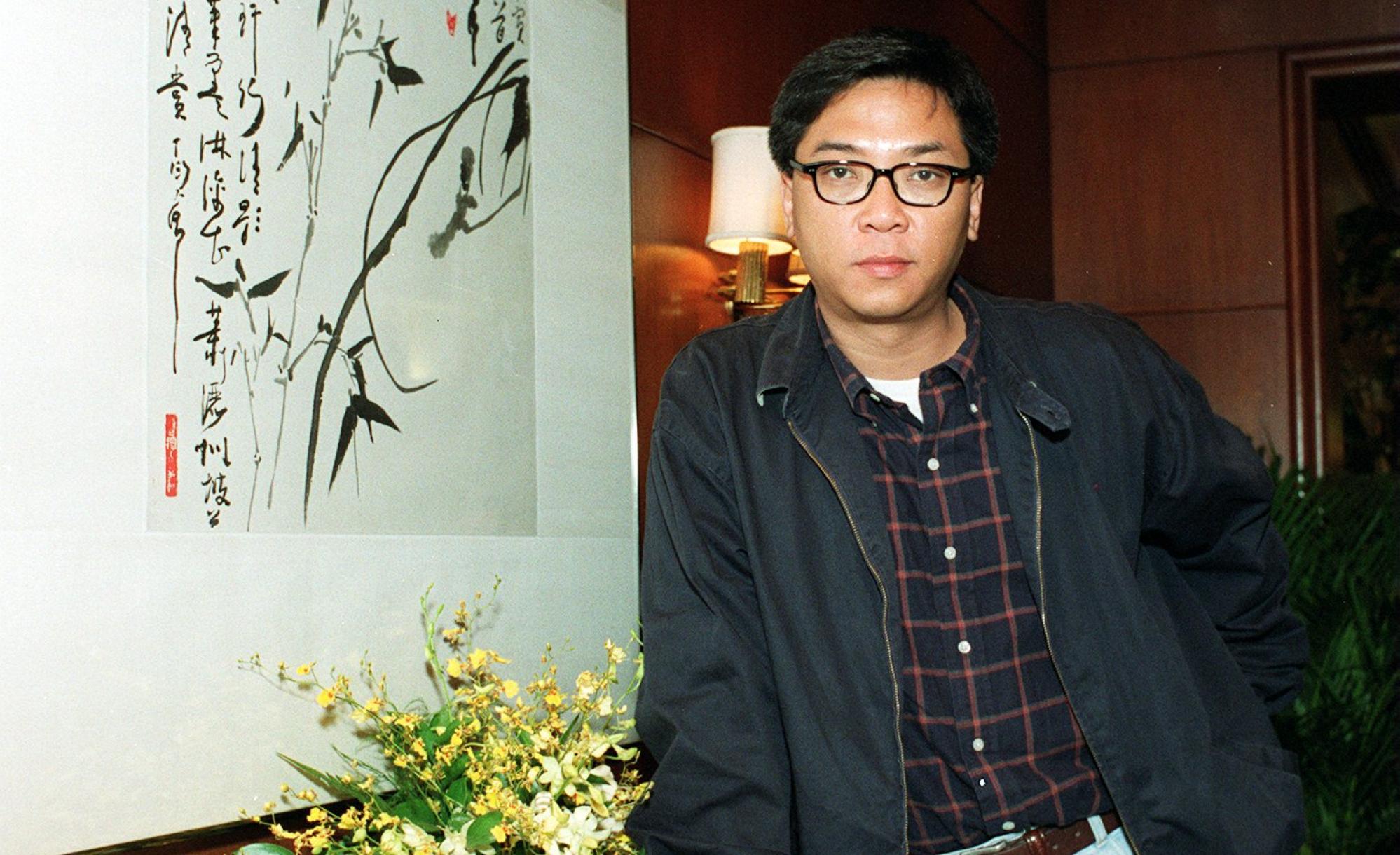
Lan Yu is based on three stories about gay men that were anonymously published on the internet in 1998 under the pseudonym ‘Beijing Tongzhi’. (Tongzhi, or “comrade”, was often used to refer to gays.) According to the Post, the stories contained descriptions that verged on the pornographic.
The idea to film the stories came from the film’s mainland Chinese producer, Zhang Yongning, who found them moving. He tracked down the author, a woman writer who had emigrated to the United States, secured the rights, and then offered the project to Kwan.
But Kwan did not want to do it. “One of the things that turned me off initially was how explicit the novel was. The first few pages were actually nothing but graphic sex scenes, and I was not sure how I would inject my style into the project.”
How biopic of silent-film star Ruan Lingyu was the making of Maggie Cheung
How biopic of silent-film star Ruan Lingyu was the making of Maggie Cheung
Kwan agreed to direct the film if he could use as screenwriter Ngai, who had written the scripts for Hold You Tight and another of his films, Island Tales. Zhang rejected Ngai’s script as he felt it did not reflect Beijing life, but changed his mind when Kwan threatened to withdraw from the film.
Zhang felt the script would not get the approval of the Communist Party authorities, and decided that they would shoot in secret. “There was a bit of guerilla filmmaking, as we didn’t get official permission from the authorities. We needed to use our ingenuity, especially with the interior sets,” Kwan said.
The film’s short and impressionistic depiction of the June 4, 1989 Tiananmen crackdown is often mentioned, but it has no bearing on the story – it is more of a plot device for Han-dong to “rescue” Lan Yu. Kwan described it to the Post as “background”.
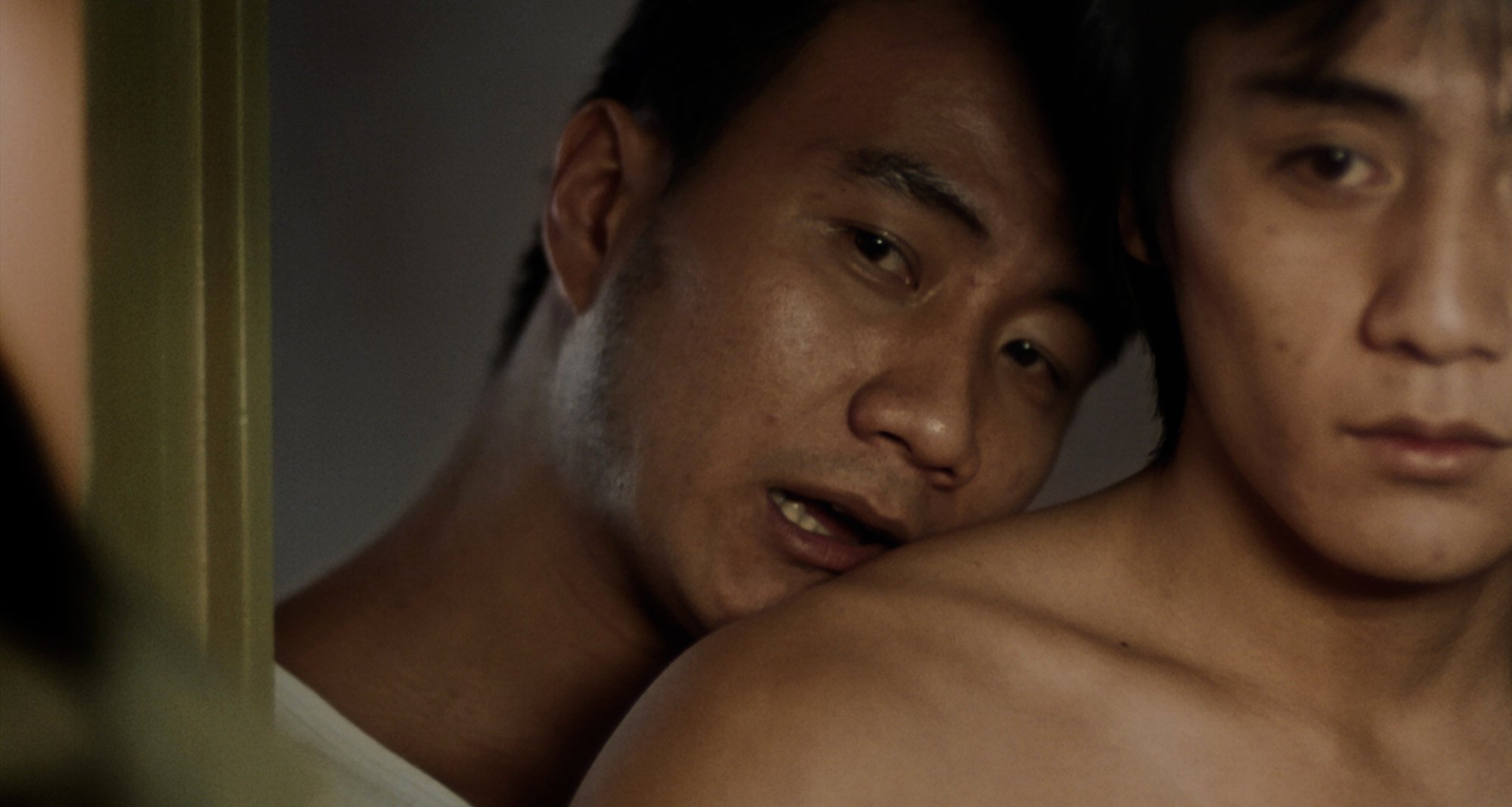
Likewise, the persecution of homosexuals in China, referred to in Zhang Yuan’s groundbreaking 1996 film East Palace, West Palace, is not touched upon. Lan Yu’s focus is wholly on the romance.
In this regular feature series on the best of Hong Kong cinema, we examine the legacy of classic films, re-evaluate the careers of its greatest stars, and revisit some of the lesser-known aspects of the beloved industry.
